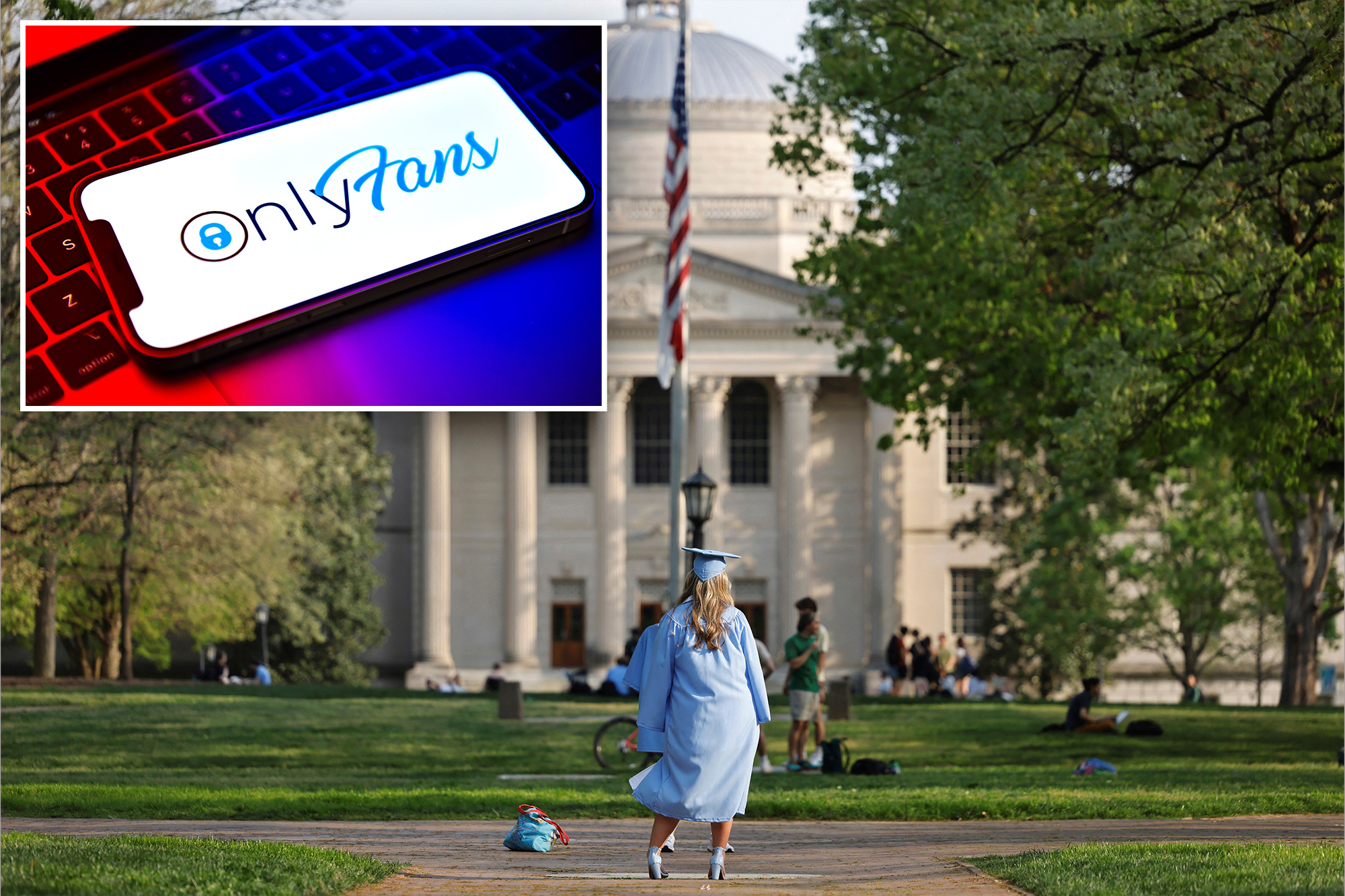Across the nation, college students facing surging tuition costs are contemplating new ways to pay the bills. Increasingly, OnlyFans has emerged as a quick and flexible method to earn money, prompting campus-wide debate and calls to examine the risks involved.
OnlyFans explosion rocks college campuses as students ditch tradition for quick cash

Key Takeaways:
- Rising tuition costs are pushing students to seek non-traditional income streams.
- OnlyFans offers the potential for quick earnings but carries substantial risks.
- Privacy and future career repercussions spark intense debate among students.
- Controversy centers on the ethics of monetizing adult content.
The Shifting College Economy
Soaring tuition affects students’ wallets well beyond campus bookstores. Many undergraduates are forced to juggle multiple jobs to cover expenses, including tuition, housing, and day-to-day living costs. As traditional part-time roles in cafes or offices become less appealing or fail to meet their financial needs, college students are exploring newer platforms to generate income.
OnlyFans as a New Income Stream
According to a description from the New York Post, “College students flock to OnlyFans for quick cash as tuition rises, sparking risks and debate.” The subscription-based platform offers users the chance to charge followers for exclusive content, providing immediate earning potential. Many undergraduates leverage the platform’s flexibility, often creating content from their dorm rooms or shared apartments.
Controversies and Campus Debates
Critics argue that while OnlyFans can help pay for tuition more swiftly than a minimum-wage job, it comes at the cost of privacy and possible social stigma. Students and faculty openly discuss the ethical dimensions of monetizing adult-oriented material, with some highlighting concerns about digital footprints and long-term career implications. Others note that for certain students, the choice is a practical response to steep education costs.
Balancing Academics and Online Work
While some students keep a discreet profile and earn money to offset daily expenses, others emphasize the time-intensive reality of building a loyal following. Between classes, exams, and the demands of content creation, many face a balancing act. Supporters argue that this arrangement can be more financially rewarding than conventional part-time work, but critics caution that it might interfere with academic pursuits and personal well-being.











